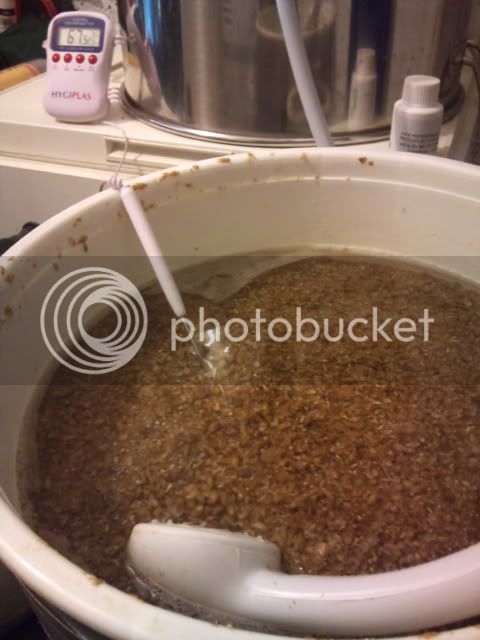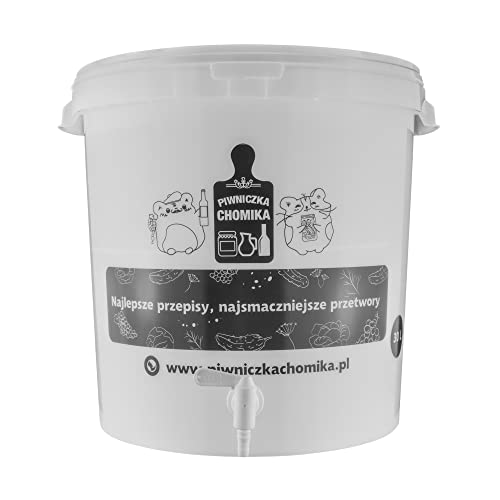markp
Landlord.
I'd be grateful of some thoughts and opinions on sparging temperature.
The last couple of beers I have made I have been very disappointed with their flavour. There is almost a TCP type taste there
It is only really evident in the first couple of mouthfulls and then I guess the tastebuds are overwhelmed and it isn't really that noticable.
I've looked back through my notes and gone through in my mind what I have done on each brewday....the only thing that I can come up with is perhaps sparging at too high a temperature and thus exttracting some nasty tasting compounds from the grains.
I learned my brew day processes by following brewstews first AG guided tour.
In this, he recommends a sparge temperature of 85 degrees C; and on doing some research I've found quite a temperature range quoted and used by other brewers......85 degrees seems to be the highest that people use.
I usually sparge to a gravity of 1010 (or until I have my desired pre-boil volume at no lower than 1010), so I don't think I'm going too low here.
I'd be grateful of any input that anyone has. I am so concerned about the issue that I am even prepared to post out some bottles for people to taste so I can get some further feedback.
Thanks in advance.
The last couple of beers I have made I have been very disappointed with their flavour. There is almost a TCP type taste there
It is only really evident in the first couple of mouthfulls and then I guess the tastebuds are overwhelmed and it isn't really that noticable.
I've looked back through my notes and gone through in my mind what I have done on each brewday....the only thing that I can come up with is perhaps sparging at too high a temperature and thus exttracting some nasty tasting compounds from the grains.
I learned my brew day processes by following brewstews first AG guided tour.
In this, he recommends a sparge temperature of 85 degrees C; and on doing some research I've found quite a temperature range quoted and used by other brewers......85 degrees seems to be the highest that people use.
I usually sparge to a gravity of 1010 (or until I have my desired pre-boil volume at no lower than 1010), so I don't think I'm going too low here.
I'd be grateful of any input that anyone has. I am so concerned about the issue that I am even prepared to post out some bottles for people to taste so I can get some further feedback.
Thanks in advance.

















![BREWING THERMOMETER STICKERS ACCURATELY MONITOR FERMENTING BEER & WINE LIQUID TEMPERATURES 5PCS HOME BREW SPIRITS WINE LCD ADHESIVE [US]](https://m.media-amazon.com/images/I/311DDjo2X3L._SL500_.jpg)


























 From that logic, yes it would increase the tempersture, if it's already 74c so adding water @ 85c would raise the temp :!:
From that logic, yes it would increase the tempersture, if it's already 74c so adding water @ 85c would raise the temp :!: